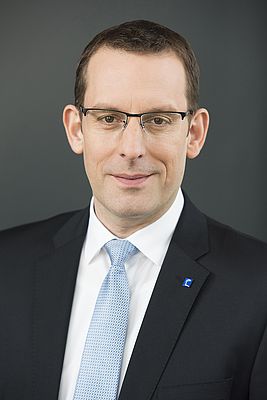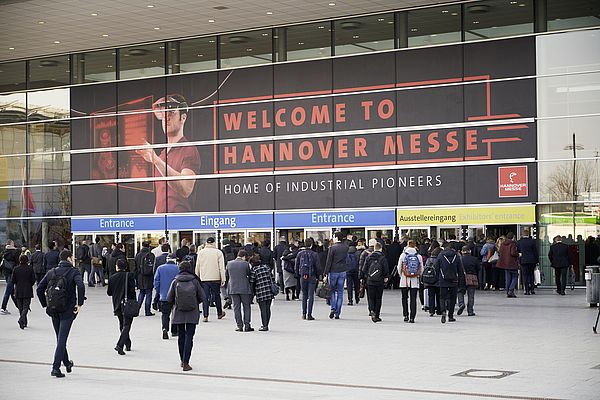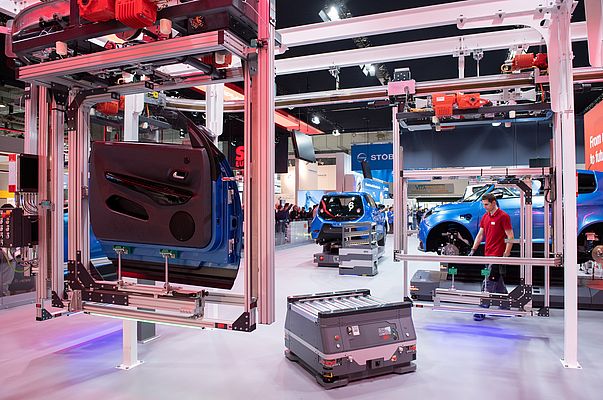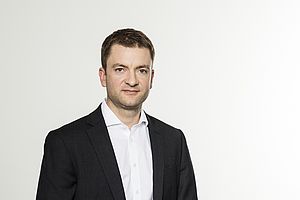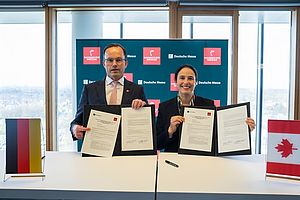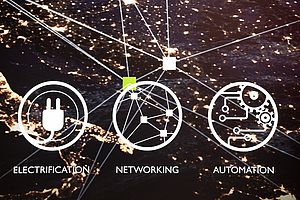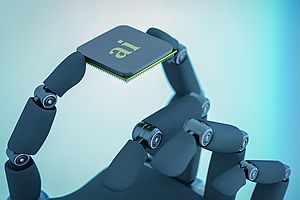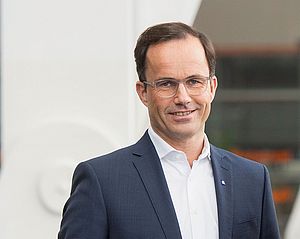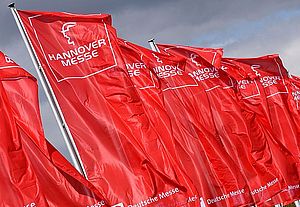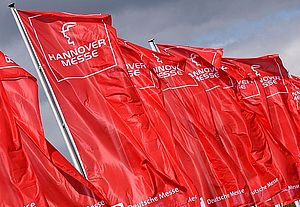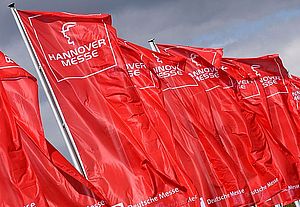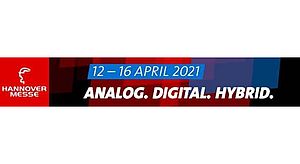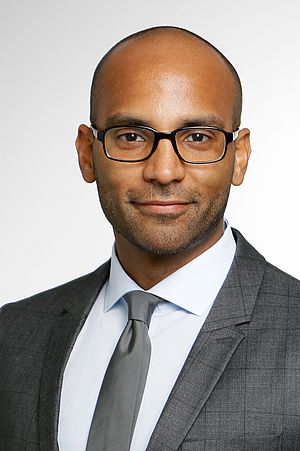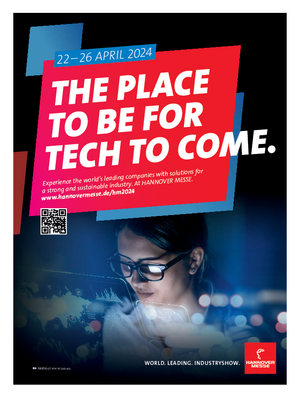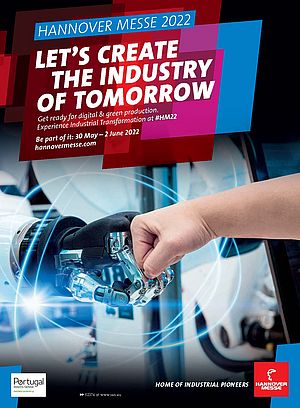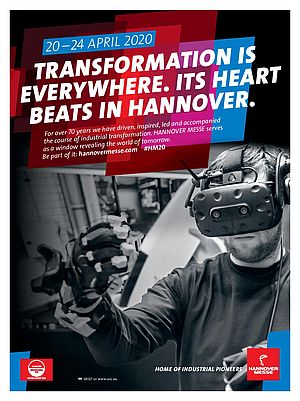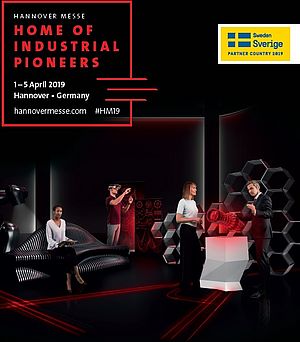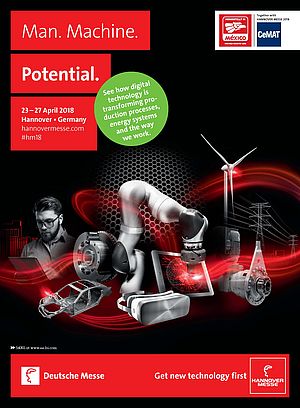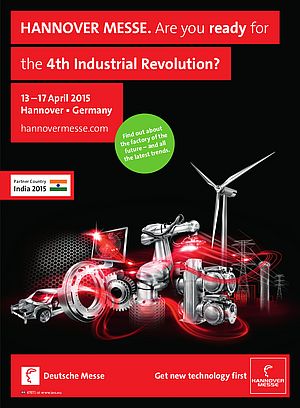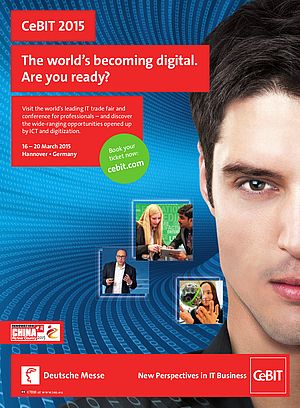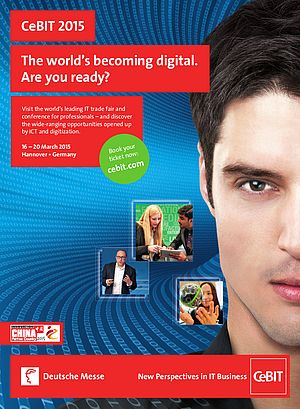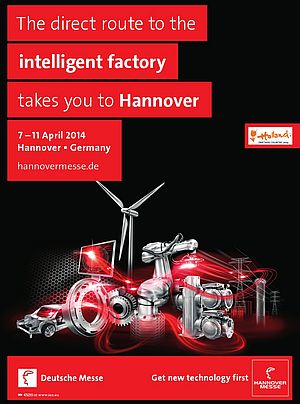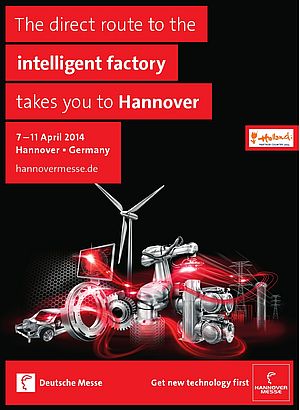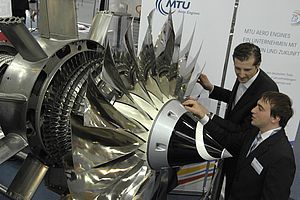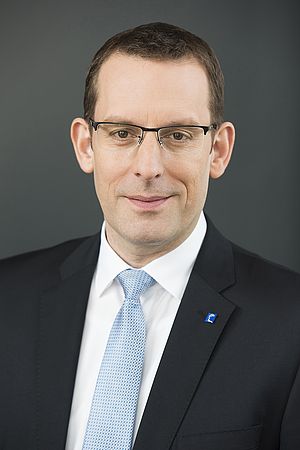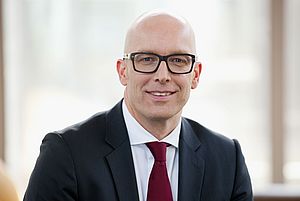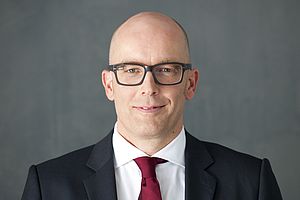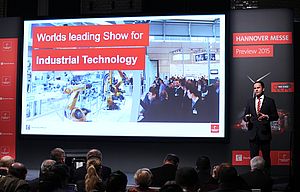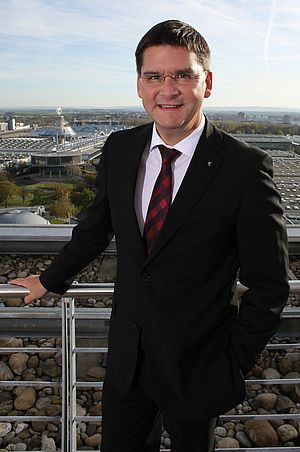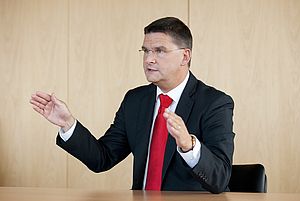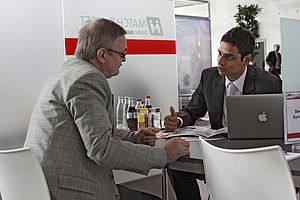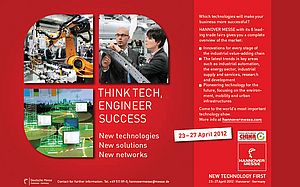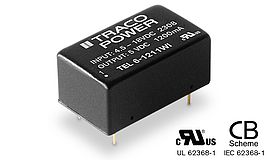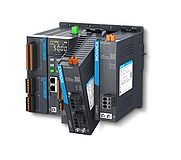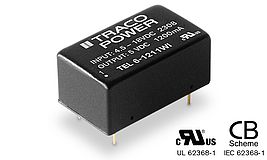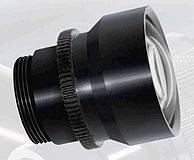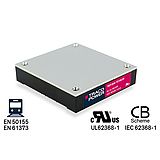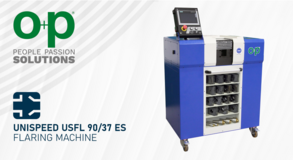From digital transformation to carbon-neutrality, individualization and demographic change, Hannover Messe provides a neutral platform where industrial companies and leaders can find mutual solutions to overcome today’s challenges. Interview with Arno Reich, Senior Vice President of Hannover Messe at Deutsche Messe.
With the industrial transformation knocking at the door and the urgency of fighting climate change, no company is immune to the numerous challenges that this fast-changing world is bringing. This year’s Hannover Messe shows how digitalization is still the top priority, follow by sustainability and innovative approaches towards production and the recruitment of key human resources to make the transformation happen. Always projected to boost international dynamic and innovative industrial markets, the upcoming show will have Indonesia, one of the biggest digital economies in Southern Asia, as partner country.
Register here to get your free ticket to Hannover Messe 2020.
IEN Europe: The lead theme of this year’s Hannover Messe is Industrial Transformation. How is the industrial world changing if you look at your exhibitors?
A. Reich: Four trends – digitalization, individualization, carbon neutrality and demographic change – are driving industrial transformation. As a result, customers today face very different challenges compared to only a few years ago, and exhibitors must adopt new technologies, processes and recruiting initiatives in order to help their customers overcome these challenges.
IEN Europe: Does the decision to choose Indonesia as Partner Country go in the direction of this transformation?
A. Reich: Yes. Indonesia has set the ambitious goal of becoming Southeast Asia’s biggest digital economy by the end of 2020. In order to achieve this goal, it launched the initiative “Making Indonesia 4.0”, which focuses on areas such as digitalization of industry, energy reform, education, innovation, and foreign investment.
IEN Europe: Logistics is now one of the major themes at Hannover Messe, after CeMAT in 2018 was still a parallel event to the trade fair. Why did you take this step towards integration?
A. Reich: We took the step to ensure that visitors fully experience how software, IT and automation interact with logistics. Beginning this year, logistics systems providers will be located with automation companies, while logistics software providers will be located with IT companies.
IEN Europe: A look at the side events reveals some innovations. After the “Industrial Pioneers Summit” was held for the first time in 2019, the “Global Manufacturing and Industrialisation Summit” will be added in 2020. What impulses can these events in the direct trade fair environment provide?
A. Reich: Hannover Messe features more than 80 conferences, forums and special displays that offer visitors a broad range of technical and business expertise as well as networking opportunities. For example, the Global Manufacturing and Industrialisation Summit (GMIS) brings together 3,000 participants to discuss the topic “Glocalisation: Towards Inclusive and Sustainable Global Value Chains”.
IEN Europe: The technological change comes with a period of political and economic instability, trade wars and manufacturing downturn in Europe. How to respond to these bad trends?
A. Reich: Hannover Messe provides a neutral platform where industrial companies as well as business leaders and politicians gather to discuss the issues you mention. Therefore, we believe in more cross-border cooperation, not less.
IEN Europe: The world is becoming more and more aware of the disasters caused by climate change and the need to stop it. Industry can do a lot to influence a sustainable approach on a global level. Are industrial companies doing enough? What could be or must be improved?
A. Reich: Industry is responding to climate change by developing innovative technological solutions for CO2-neutral production. Industrial companies understand now that environmentally friendly production is not only a cost-saving measure, but also an indication of social responsibility. As far as improvements, tempo and global cooperation need to increase.
IEN Europe: Finally, a practical question: what is the situation with regard to digitisation when visiting the trade fair? What opportunities can trade visitors use to make their visit as efficient as possible and take advantage of all the interesting opportunities?
A. Reich: We maintain a number of digital channels that visitors can use to optimize their visit, including our website (hannovermesse.com), the Hannover Messe App, Social Media, and a Newsletter. We also offer exhibitors a digital visitor analysis through Waytation, which helps them fine-tune their exhibits and product presentations for visitors.
Sara Ibrahim & Kay Petermann


